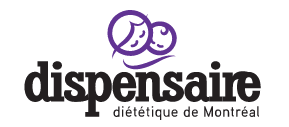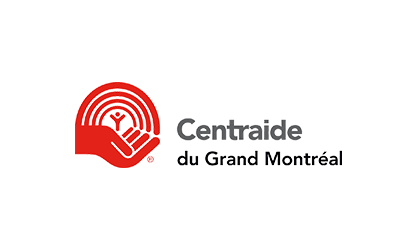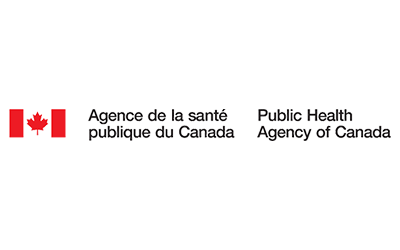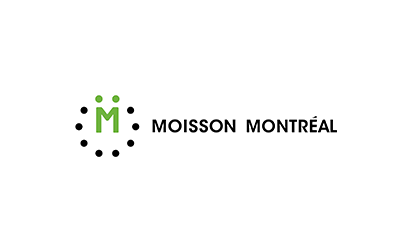Updated on: Aucune révision
No.
For the entire duration of their pregnancy, women must avoid consuming raw or partially cooked eggs, including dishes that may contain them.
Raw or partially cooked eggs may contain a dangerous bacteria called salmonella. This bacteria may cause intrauterine infections, severe enough to provoke miscarriages. This is why pregnant women should only eat eggs which have been fully cooked, that is, cooked until the yolk is firm, thus ensuring its elimination.
Pregnancy changes a woman’s immune system in order to adapt to the presence of the fetus. By doing so, the immune system responds differently to infections.
Because food-borne illnesses carry risks for pregnant women and their unborn babies, it is important to ensure the safety of the food consumed. Our website provides information on that matter.
The following table illustrates examples of recipes which contain cooked eggs (safe for consumption) and recipes which contain raw or partially cooked eggs, to avoid during pregnancy. This list is not exhaustive.
| Safe Food |
Food to avoid |
- Scrambled eggs (well cooked)
- Hard boiled eggs
- Well cooked omelets
- Frittata
- Quiche
|
- Soft boiled eggs (liquid yolk or semi-cooked)
- Over easy or sunny side up eggs
- Poached eggs or Eggs Benedict
- Runny omelets
|
| Safe Beverages |
Beverages to Avoid |
- Commercial eggnog
- Homemade eggnog, heated to 74C (165F) or made with pasteurized liquid eggs
|
- Homemade eggnog
- Milk shakes, containing raw eggs
|
| Safe Sauces |
Sauces to Avoid |
- Commercial mayonnaise, made with pasteurized
- Hollandaise sauce made from powder base (ie Knorr)
|
- Homemade aioli
- Homemade vinaigrette containing raw eggs
- Homemade mayonnaise
- Mousseline
- Cold Bearnaise Sauce
- Cold Hollandaise Sauce
|
| Safe Desserts |
Desserts to Avoid |
- Desserts which are completely cooked (muffins, cookies, cakes)
- Desserts which are uncooked or lightly cooked made from pasteurized liquid eggs
|
- Certain homemade ice creams
- Cream desserts
- Mousses (ie chocolate mousse)
- Cold soufflé (ie frozen soufflé)
- Tiramisu
|
Other foods can present risks for pregnant women, especially cheese. To find out which cheeses are safe and which to avoid, please consult the following article (will come).
Références
Mor, G. et Cardenas, I. (2010). The immune system in pregnancy: A unique complexity. American Journal of Reproductive Immunology 63, 425-433. Doi:10.1111/j.1600-0897.2010.00836.x
Luber, P. (2009). Cross-contamination versus undercooking of poultry meat or eggs – which risks need to be managed first? International Journal of Food Microbiology 134, 21-28.
Scialli, A.R. et Rarick, T.L. (1992). Salmonella sepsis and second trimester pregnancy loss. Obstetrics and Gynecology 79, 820-821.
Ressources
Baby Center. (2011). Puis-je sans risque manger des œufs à la coque ou crus pendant la grossesse ?
In collaboration with the Dispensary workers






